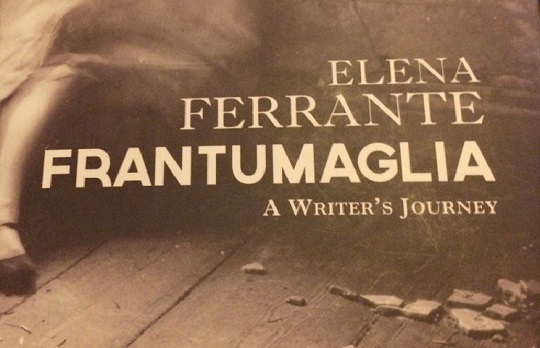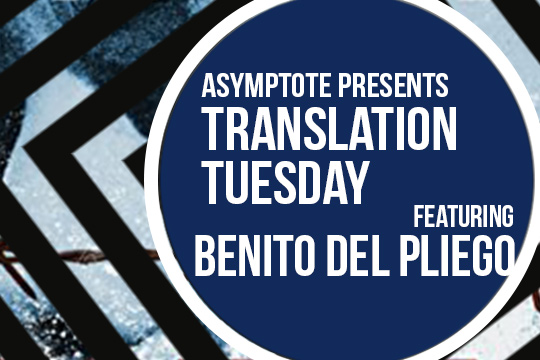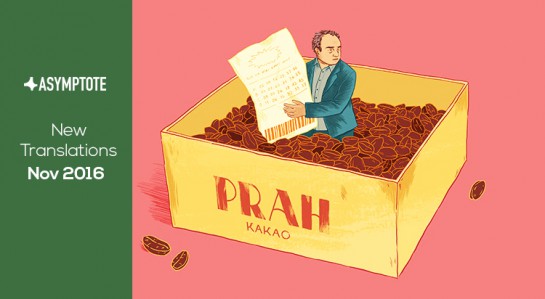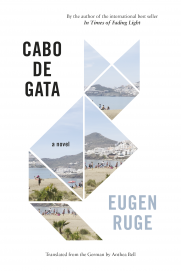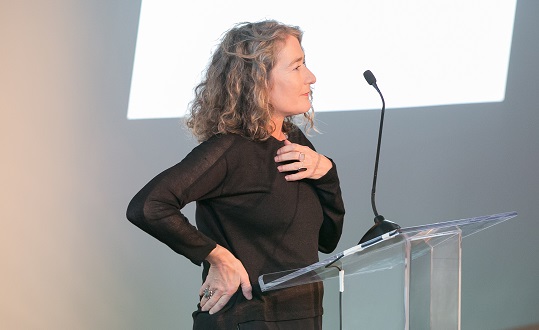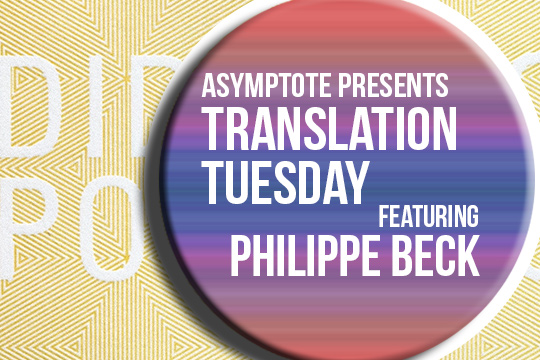It’s been a big week in literature around the world, with major awards, book fairs, and new publications vying for media attention in a particularly crowded news cycle. But the book world keeps turning even when it seems like everything else has come to a standstill. Blog Editor Madeline Jones reports from south of the border in Mexico, Editor-at Large MARGENTO gives us the update on Romania, and Contributor George Kirkum checks in from Ecuador.
Madeline Jones, Blog Editor, brings the literary update from Mexico:
Hundreds of Mexican artists have been mocking the President Elect of the United States, Donald Trump, by way of political cartoons. Now that he’s clinched the elections, the value of the peso has plummeted and Mexicans on both sides of the border are speaking out about their disapproval of Trump’s platform as well as their own fears for the future. Poet, novelist, and activist Javier Sicilia told El Universal, “This man unified fragments of fascism that were scattered throughout North America. And he’s creating proposals for destruction…it doesn’t matter if Trump wins, the theme is systemic.”* Well-known Mexican author and historian Enrique Krauze’s op-ed in The New York Times also captures the sentiments of many, in Hank Heifetz’s translation from the Spanish.
Eduardo Lizalde, who is recognized as one of the most important living poets in the Spanish-speaking world, was awarded the Premio Internacional Carlos Fuentes a la Creación Literaria en el Idioma Español this week. The judges said that his collection El tigre en la casa [The Tiger in the House] is “one of the most influential and poignant books in several generations.”*
2017 marks the 40th anniversary of the reopening of diplomatic relations between Mexico and Spain after the Franco regime ended. Last week, the organization la Cátedra México-España, which was founded with the purpose of studying and fomenting the historical, cultural, and linguistic links between the two nations, celebrated its tenth year. Attendants at the anniversary conference noted that the international relationship is still in its “honey moon” phase and the first ten years of the organization’s work have seen significant academic collaboration across the Atlantic.


